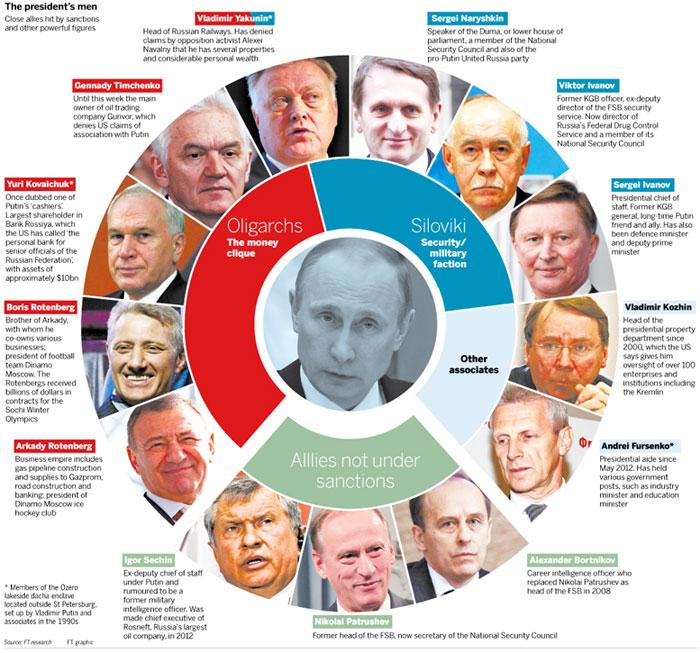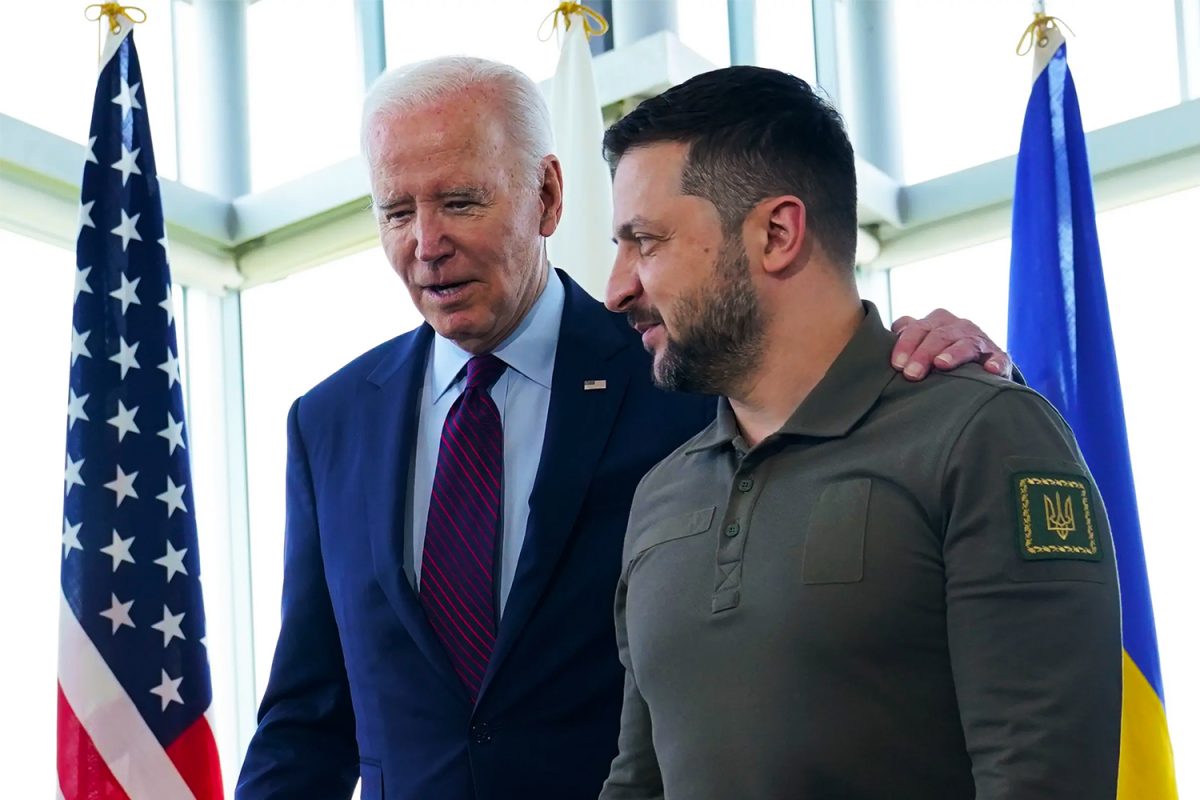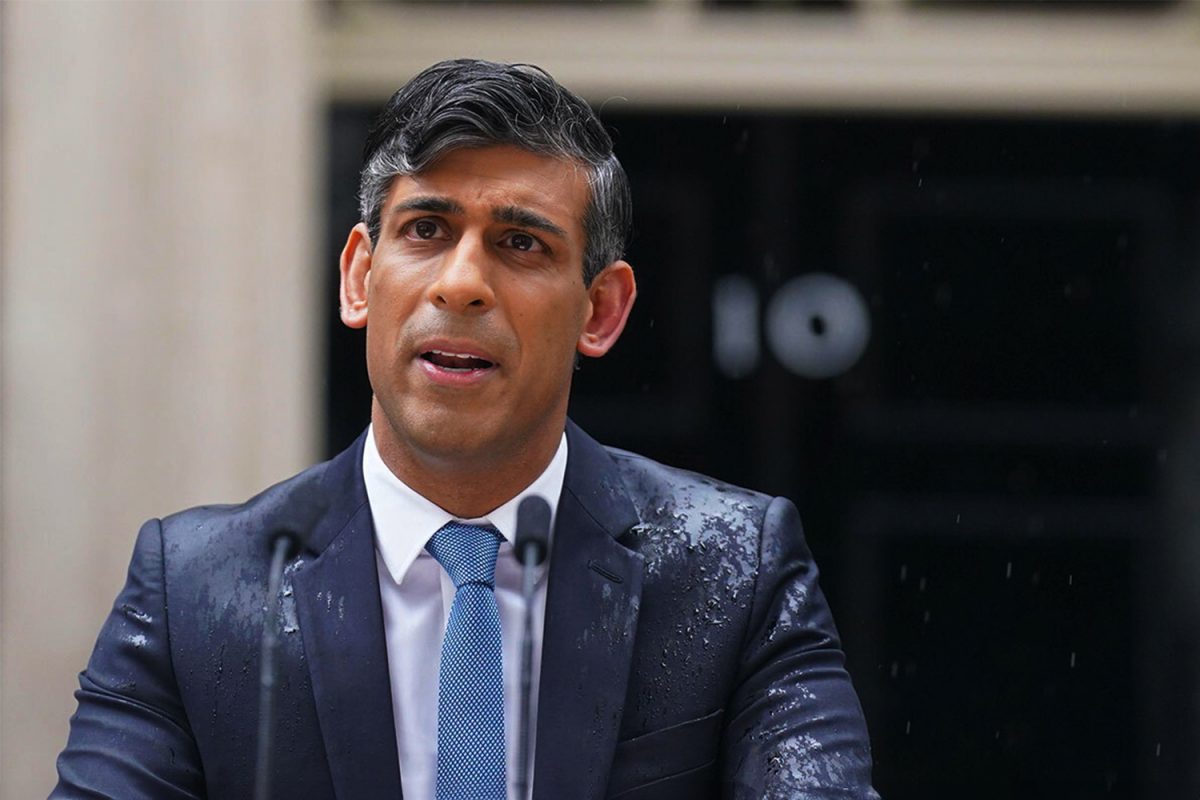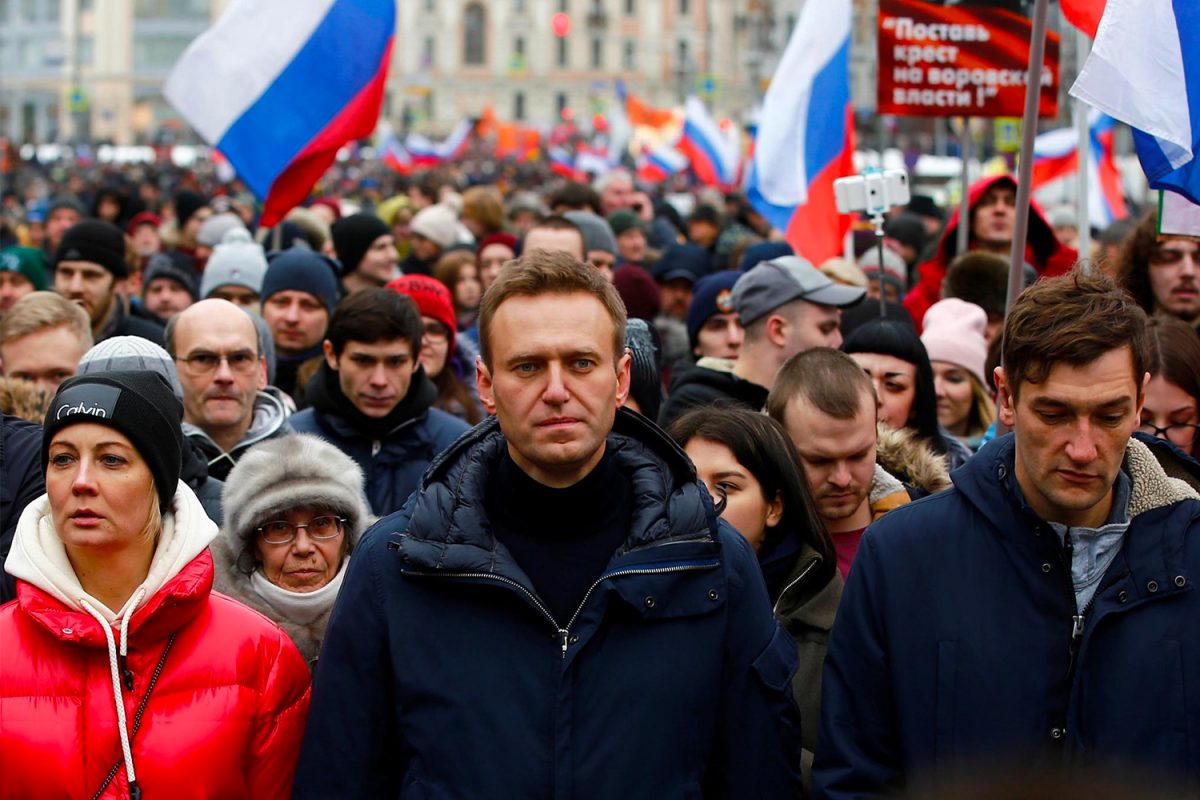This article is adapted from a forthcoming geopolity booklet – ‘the Geopolitics of Russia’ The booklet is part of a series of 6 booklets looking at the geopolitics of the world’s powers – the US, Russia, China, Britain, France and Germany. The series will be published later in 2024.
Presidential elections concluded on the 17th of March in Russia after three days of voting. Official results show incumbent Vladimir Putin received a record share of the vote, in a result that was a foregone conclusion. This will mean Putin will serve another six-year term until 2030, at which point he will be 78 years old, and will also be allowed to run for another six-year term after that. The western media criticised the election arguing it was neither free nor fair. The electoral result in Russia is usually irrelevant as the system is heavily controlled and skewed in favour of the security class. Russia’s political system has been shaped by the decades of chaos that ensued from the collapse of the Soviet Union in 1991.
From Central Control to Oligarchy
The Soviet Union’s Communist Party was the ultimate power in Russia for several decades. It possessed an immense security apparatus that included the KGB that maintained a grip on the lives of everyone in the USSR. Through central control of the economy the Communist Party controlled the key economic assets of the union, and this placed political and economic control in the hands of party officials.
When the Soviet Union collapsed in 1991 an array of factions fought for control of the country’s wealth, industries and politics. This was where Boris Yeltsin emerged from the ashes of the Soviet collapse. Yeltsin brought his relatives and other close associates into the government, and this allowed him to stay in power for the 1990s.
When the Soviet Union collapsed in 1991 an array of factions fought for control of the country’s wealth, industries and politics
The other factions that emerged in the chaos of the 1990s’ were the oligarchs. These men rose seemingly out of nowhere, amassing spectacular fortunes as the country around them descended into chaos. Through shady deals, outright corruption, and even murder, these predatory oligarchs seized control of much of Russia’s economy, and its fledgling democracy. The mass privatisation of Russia’s economy in order to transfer from a command economy to a free market one, saw the oligarchs buy up the newly private companies at rock bottom prices. They then loaned the Kremlin billions of dollars in exchange for shares in Russia’s most vital state enterprises when the government defaulted on its international loans and was desperate for cash. The oligarchs then bankrolled the deeply unpopular Boris Yeltsin’s 1996 re-election bid.
Yeltsin had managed to keep the security services from power throughout the 1990s by splitting them into different organisations in order to weaken them. In 1999, Boris Yeltsin and his oligarchic allies agreed that an obscure former KGB officer named Vladimir Putin was the man to become Yeltsin’s prime minister. He was a nobody, barely a public figure, but he had a reputation for loyalty. They trusted that, once in power, he would look after their interests.
Saving the Homeland
Putin began his career working as a foreign intelligence officer in the KGB for 16 years before resigning in 1991 to pursue a career in politics, where he became an advisor to the mayor of Leningrad. In 1996 he moved to Moscow and became a deputy chief in the Kremlin. Yeltsin trusted him and within two years Putin would become the head of the presidential staff, then the head of the FSB, then Prime Minister when Yeltsin unexpectedly resigned in 1999. Whilst the oligarchs believed Putin would be a continuation of Yeltsin, Putin, who was originally from the KGB, reviled the reform era of Gorbachev and Yeltsin. In this era Russia lost its empire and saw a host of liberal and pro-Western individuals take the helm of Russia. Putin, like many nationalists from the former security apparatus, wanted to reverse all of this.
In the summer of 2000, Putin addressed 21 of Russia’s richest men (oligarchs) at the Kremlin and offered them a deal. The summary could be described as, “bend to my authority, stay out of my way, and you can keep your mansions, superyachts, private jets, and multibillion-dollar corporations (corporations that, just a few years before, had been owned by the Russian government)”. Most oligarchs stayed out of Putin’s way, others left Russia, whilst some challenged the unknown president and paid a hefty price. Mikhail Khodorkovsky was the richest man in Russia when Putin became president. In 2003, Khodorkovsky challenged Putin in a televised meeting, alleging corruption at a state-owned oil company. He was also considering a merger with the American oil company Exxon Mobil. He was arrested and charged with tax evasion and imprisoned in Siberia, where he languished for the next decade. The Kremlin took over his oil empire and Putin handed the keys to one of his long-time associates, Igor Sechin. Other oligarchs who reneged on Putin’s deal and undermined Putin were thrown into prison, forced into exile or died in suspicious circumstances. The oligarchs that accepted Putin’s deal, became loyalists, and got filthy rich during Putin’s long reign.
Putin was able to achieve what he did because he was from the security class and utilised his links to navigate through the mess Russia was in and the monsters the crisis created. Putin’s power base is the security class who previously were KGB agents or military men who looked on in horror in the 1990s to what was going on with Mother Russia. Putin’s support base and support system came to be known as the Siloviki who would eventually number over five million people and came to dominate Russia’s state security, police, the investigative committee (Russia’s FBI) and numerous other agencies, such as the National Guard. The Siloviki lived by their own rules, rules not accessible to other Russians.
Throughout the 2000s Western-leaning economic technocrats, lawyers, economists and financial experts who became known as the “civiliki” emerged, who Putin needed in order to develop the Russian economy, especially after the 2008 global economic crisis where many Russian corporations collapsed and needed state bailouts. Vladislav Surkov would come to lead this faction and in time would compete with the Siloviki. Surkov was the deputy of the presidential administration and eventually became Putin’s personal advisor. Surkov groomed Dmitry Medvedev and was the chief ideologue behind the spread of nationalism throughout Russia.
From 2012 Putin firmly moved to the security class as his support base due to the mass protests that spread across the country against the Kremlin’s repressive and oppressive grip on power. Putin tilted the balance which was between the Siloviki – the security class and the civiliki who controlled national development and economic growth. Putin moved completely to the Siloviki after the overthrow of Victor Yanukovich in 2014 and the subsequent occupation of Crimea. Power in Russia is today firmly with the security class. The security class have a state rather than the Russian people have a government.
Challenges Ahead
Vladimir Putin forms part of the security class that now dominates Russia’s political system. While many look at Russia as a dictatorship and blame Putin personally for the Ukraine war and the death of long-term dissident Alexander Nevaly, the truth is no system is one person and if Putin was hit by a bus and died tomorrow, Russia’s strategic direction would not alter as another member of the security class would take over. The security class believed the collapse of the Soviet Union was the greatest geopolitical catastrophe of the 20th century. What happened to Russia in the 1990’s was worse than the Great Depression of the 1930’s. These ultra nationalists see themselves as the saviours of mother Russia and a nation that has a centuries long civilisation. As far as they are concerned, Russia is a global power that needs to be respected. Ever since the Soviet collapse they have watched in horror as the west expanded into Russia’s traditional sphere of influence. This is the lens through which this class looks at Ukraine and in the end determined Russia needed to invade its neighbour in order to reverse what had been taking place.
Whilst the security class have a stable political system, opposition against this is growing and a number of long-term trends will pose major challenges for the regime. Whilst Russia’s military adapted and made changes to its disastrous opening invasion of Ukraine, after two years of war Russia’s economy has shifted to a war economy and Russia has managed to circumvent global sanctions. The Kremlin has been forced to use suppression to deal with opposition to the war in Russia. But as the war will not be ending anytime soon this will begin to impact the Russian economy the longer it continues.
The security class have a state rather than the Russian people have a government
Russia’s population is declining, and its economy, despite numerous attempts, still has an over dependence on energy. Russia is isolated globally currently and doesn’t have the military capability to sustain any broad war with NATO. Russia’s security class believe their dominance of the political system is the best way to face these trends. The fact that the Kremlin has been forced to use a flurry of restrictions that suppress dissent and even barred token liberal opposition candidates from running in the presidential election due to the danger they could’ve posed to the regime, shows opposition will only grow going forward.
Russia’s political system is dominated by the security class who since 2000 have been working to reverse the events since the collapse of the Soviet Union. Elections in Russia, much like other authoritarian states, are intended to provide the regime with a veneer of legitimacy. The security class’s power is demonstrated by its ability to effectively use its resources to secure the needed electoral result without major backlash. Elections in Russia are used to legitimise the regime and are not really to elect individuals to office.






One comment
Ib
24th March 2024 at 2:27 am
Replace security class with Deep state and it’s the same as “the west”. Although Russia and China have the advantage of a more stable leadership and have won the trust of many countries by operating in a manor that is based on being trust worthy (similar to how Putin was put in power due to being trust worthy)
Up until now “The West” have had the Dollars to pay to turn countries around rapidly which attracts leaders of other countries that do not factor in “the wests” lack of trustability and have a short term vision, either based on being puppets, naivety or simply inept. However some of those rulers watch their own backs after what they (“The west”) did to Sadam and Gaddafi.